Technology is (finally) improving the healthcare industry
Since the inception of computers in the mainstream, for long, we have been told that technology would change the entire healthcare sector. However, this idea always remained in the talks of futuristic storytellers, falling in the “would” and “will”. However, in the last two years, things have fuelled in how the medicine is shaping up to be. Progression in the healthcare has covered a long distance only recently—be it in treating cancer, AIDS, and even Alzheimer, all of which was considered untreatable not too long ago.
Healthcare industry is changing—and NOT just in theories
To put it bluntly, we’re living in a time when healthcare sector is changing in evidence and NOT just in theories. Researchers, employed not just by concerned organizations but also private institutes, are plugging the best of technology to solve the most of diagnosis and disease. For example, Pokémon Go brought Virtual Reality (VR) in the conventional light. While many are still struggling to grasp its basic concept, mind-boggled with its advancement, in the healthcare field, it’s already the dynamics. VR is helping practicing professionals and medical students learn how to adapt to efficient and cost-effective surgical treatments. It’s helping patients better envision their conditions, treatments, and recoveries.
Futuristic Progression
Technology, in recent times, has made significant advances in paving new (and just as efficient) alternative to human parts—from the heart to limbs.
We have even made synthetic blood, which, a few years back, was no less than equivalent to bringing sun to earth—impossible.
The biggest impact of tech innovation in the medicinal field has been in the heart stroke segment, per Mobile Stroke Treatment Units. Did you know, on average, one person has a stroke in the USA every 40 seconds? Or that stroke is the third leading cause of death in the country? MSTU can save millions of lives every year. The patient in question can call in a stroke and the MTSU will be mobilized to the person’s home, or any other location, with the best of equipment that can effectively recognize the cause of stroke and treat it unequivocally in record time.
Available treatment for once untreatable conditions
Another remarkable progress in healthcare that has media on its toe is ultrasound therapy for the Alzheimer’s disease. It’s a much cheaper treatment to forms of dementia with highest success rate and no known side effects. Today, we also have
Anti-smoking vaccine

Advanced immunotherapies

Bionic eyeballs
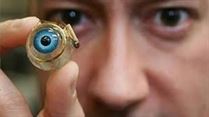
Leadless pacemakers

Gene therapy
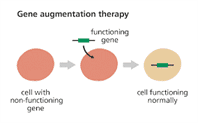
Ultrasound Therapy for Alzheimer's Disease
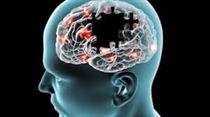
Mobile Stroke Treatment Units
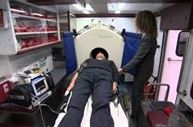
Synthetic Blood
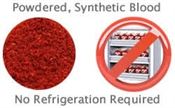
And so many other tech-fuelled innovations – not necessarily all very prevalent – that has become a glimpse of hope to billions of people around the world who can successfully seek treatment for their diagnosis in their lifetime.
Power in our smartphone
Aside from these, one must also commend the evolution Smartphone industry is going through in terms of healthcare. All the giant companies, from Apple to Google to Samsung, are persistently making significant strides to improve the health of users—right from accruing large, centralized health data to introducing wearable gadgets to developing revolutionary applications that effectively incorporates artificial intelligence and machine learning in their core.
When all dots connected, one can easily remark that we have covered more distance in the healthcare industry in the past 2 years, as opposed to the entire human civilization. So, yes, future is now and technology is finally changing healthcare. Although there’s a lot left to want, at least we are seeing evident improvements and results that has successfully and seamlessly provided hope to countless patients.

